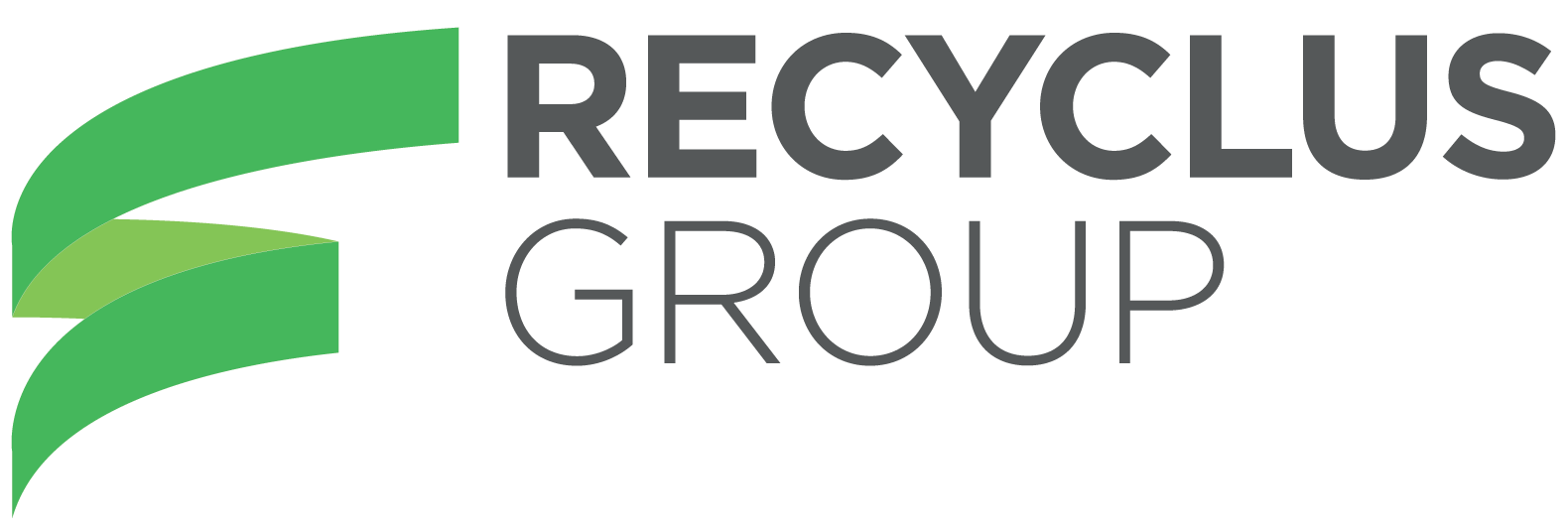The European Union’s recent classification of black mass as “hazardous waste” introduces a significant shift in the global battery recycling landscape. While this move enhances environmental and regulatory clarity, it also reshapes the movement and processing of critical materials in the battery supply chain.
Standardising Regulations Across the EU
One key outcome of this decision is the creation of a uniform classification for black mass across EU member states. By ensuring a harmonised regulatory approach, the framework reduces discrepancies, providing recyclers and industry stakeholders with clearer guidelines for handling, storage and transportation. This standardisation simplifies compliance while reinforcing environmental and safety protocols.
A Positive Step for Battery Recycling
For lithium-ion battery recyclers like Recyclus Group, this reclassification establishes a clear framework that supports responsible recycling. Black mass—a concentrated mix of metals and materials recovered from spent lithium-ion batteries—is central to the circular economy for battery metals. Defining it as hazardous waste sets structured handling requirements, creating greater predictability for recyclers and offtake partners.
While tighter regulations require adaptation, Recyclus Group has already navigated this evolving landscape, securing international offtake agreements and ensuring compliance with the necessary transport and processing requirements. The approval of a Transfrontier Shipment (TFS) licence for key agreements, such as with Glencore, demonstrates the company’s ability to operate within these new regulatory frameworks effectively.
Implications for Non-OECD Markets
The reclassification may impact non-OECD nations, such as India, which could face restrictions on black mass imports unless exemptions are introduced. As demand for black mass continues to rise, markets that rely on these critical materials may need to adjust regulations or invest further in domestic recycling capabilities.
Strengthening Supply Chain Resilience
Beyond regulatory considerations, this decision plays a strategic role in securing critical minerals within the EU. By tightening controls on black mass movement, the EU is reinforcing a sustainable and well-regulated supply chain for battery materials, supporting the growth of electric vehicles, renewable energy storage and other key technologies.
This shift aligns with broader industry trends to strengthen Europe’s position in the global battery economy while encouraging sustainable resource management.
Looking Ahead
The EU’s decision marks a turning point for the battery recycling industry, balancing regulatory certainty with the need for operational adaptation. For Recyclus Group, this reinforces the importance of working within structured frameworks while maintaining efficiency in material recovery and supply chain integration.
As lithium-ion battery recycling continues to evolve, the industry’s ability to adapt, innovate, and collaborate with policymakers will be key to ensuring a sustainable and efficient approach to managing these essential resources.

